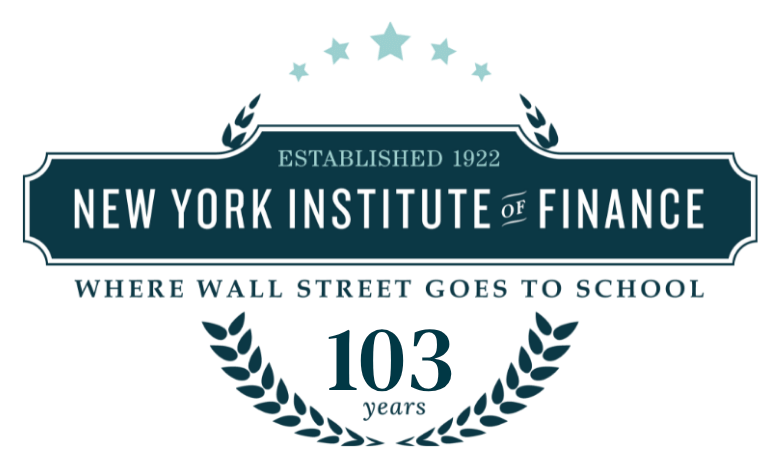VTB denies it is Kremlin’s ‘pocket bank’
By Catherine Belton in Moscow. This article originally appeared on FT.com on May 1st 2007.
The president of VTB, Russia’s second largest bank, denied the state-owned lender is a financing arm for the government ahead of its flotation of up to $8.2bn (€6bn) in shares, the first global offering by a Russian bank.
In his only interview with a western newspaper before the IPO, Andrei Kostin, a former diplomat in London, said VTB was coming to the market to wean itself from the state, which in recent years has poured in billions of dollars of support.
Mr Kostin said VTB planned to use the funds from issuing up to 22.5 per cent of its extended share capital in London and Moscow for expansion and to help more than double its share of Russia’s rapidly growing retail market to 10 per cent by 2010.
The offer, to be priced on May 11, is the biggest in London by a Russian corporate body since state-controlled Rosneft raised $10.4bn last year. Investors are keen to buy into Russia’s banking sector, which is growing rapidly on the back of a retail boom.
VTB has sought to improve its standing, recently appointing former World Bank chief James Wolfensohn as an adviser to its board. But VTB has had to fend off claims that it is a “pocket bank” of the government, largely because of its $1.3bn purchase last year of more than 5 per cent in EADS, the troubled French aerospace group.
Mr Kostin denied claims that the bank had been acting on Kremlin orders and said it was ready to distance itself from the billions of dollars in state support it has received in the past.
“Our aim is to step away from these ... operations connected with the state and move to an absolutely market model, and this is what we’re attempting to achieve with the IPO,” he said.
The bank’s share prospectus points out that the majority shareholder, the state, could take actions “that may not be in the best interests of the group or its minority shareholders”.
In the section pointing out risk factors, it says VTB’s management may not be able to cope with its rapid expansion, as its loan book trebled from December 2004 to reach $30.2bn by December 2006, straining capacity for adequate credit risk analysis and IT systems.
It also says management acknowledges a “material weakness” in the group’s internal controls.
About New York Institute of FinanceWith a history dating back more than 90 years, the New York Institute of Finance is a global leader in training for the financial services and related industries with course topics covering investment banking, securities, retirement income planning, insurance, mutual funds, financial planning, finance and accounting, and lending. The New York Institute of Finance has a faculty of industry leaders and offers a range of program delivery options including self-study, online and in classroom.
For more information on the New York Institute of Finance, visit the homepage or view in-person and online finance courses below:
